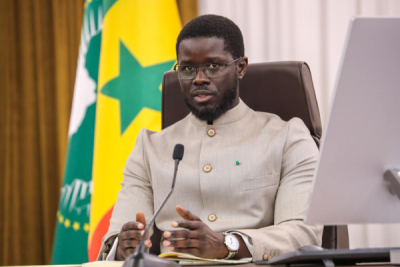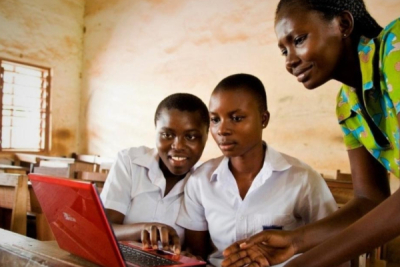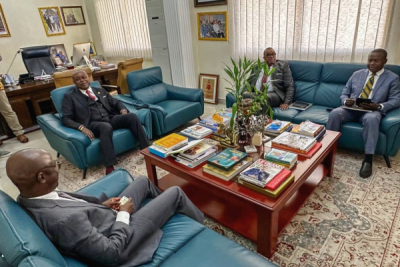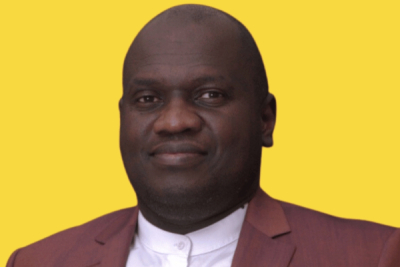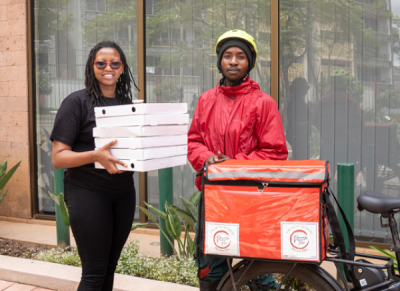Information and Communication Technologies (ICTs) offer a powerful engine for progress across Africa. Their potential to improve governance, stimulate economic growth, and drive social development is undeniable. Recognizing this, African governments have a critical role to play in embracing these technologies and adapting to the transformative changes they bring.
SciTech DiploHub, a Barcelona-based organization specializing in science, technology, and international affairs, announced the launch of a Scientific Diplomacy Center for Africa in Kigali, Rwanda, on May 6th.
This new center is a hub designed to foster collaboration among various stakeholders. Scientists, diplomats, policymakers, tech entrepreneurs, and multinational companies will all come together to promote collaborative research and technological development initiatives across Africa.
"The launch signifies a strategic move," declared Alexis Roig (CEO, SciTech DiploHub), pictured left. "It aims to solidify international collaboration between leading research institutions, universities, and companies within Africa's burgeoning scientific and technological landscape."
The project is spearheaded by SciTech DiploHub and boasts a robust network of partners. This includes the municipal governments of Barcelona and Kigali, the Rwandan government, the Network of African Science Academies (NASAC) representing over 30 academies continent-wide, and the Association of African Universities encompassing over 400 universities in 50 African nations. Additionally, over 30 Spanish universities, organizations, and research centers affiliated with SciTech DiploHub will contribute to the initiative.
The project is propelled by an initial investment exceeding 3 million euros, secured through contributions from founding institutions and co-financing funds provided by the European Commission, aligned with the African Union - European Union Innovation Agenda.
Over the initial three years, the Center plans to train over 2,500 African professionals in the nuances of scientific and technological diplomacy. Additionally, it will support the development of innovative science policy strategies for roughly 20 national and local governments throughout the region.
Samira Njoya



